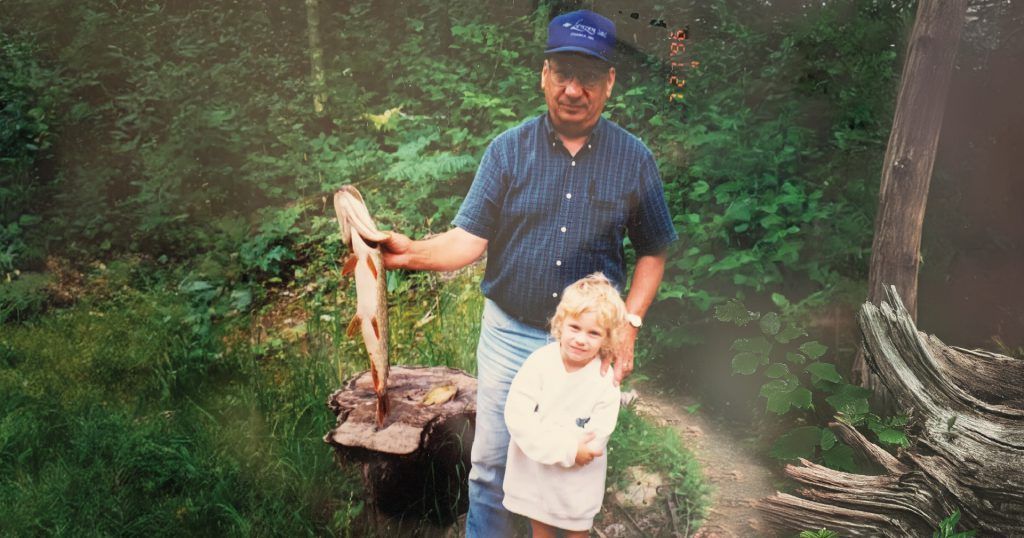May 30, 2024
Most people do their yearly reflections in January. Which makes sense, right? A new year is starting. A new slate to begin new habits. A time to reflect on what went well over the last year and what didn’t. I’ve never been one to do the whole new year’s resolution thing. It feels like most of them don’t last longer than a month anyways. However, the new year hit me a little harder this year for some reason. I couldn’t quite pinpoint why at the time though. It just felt different.

